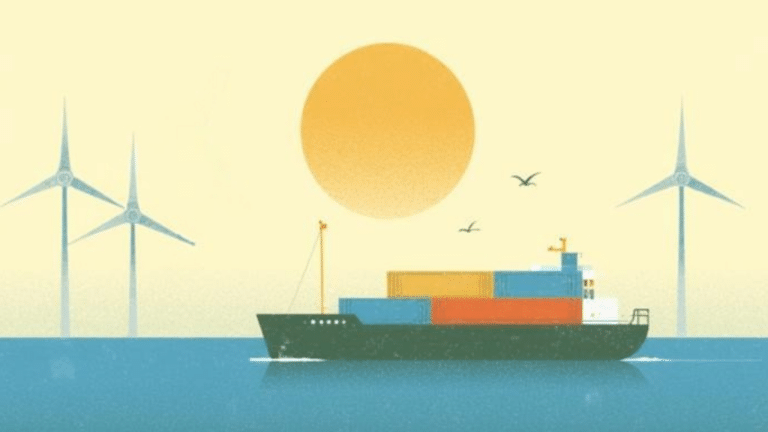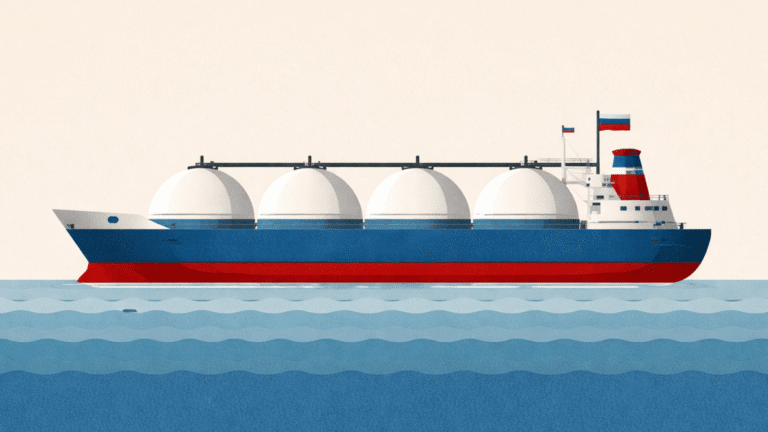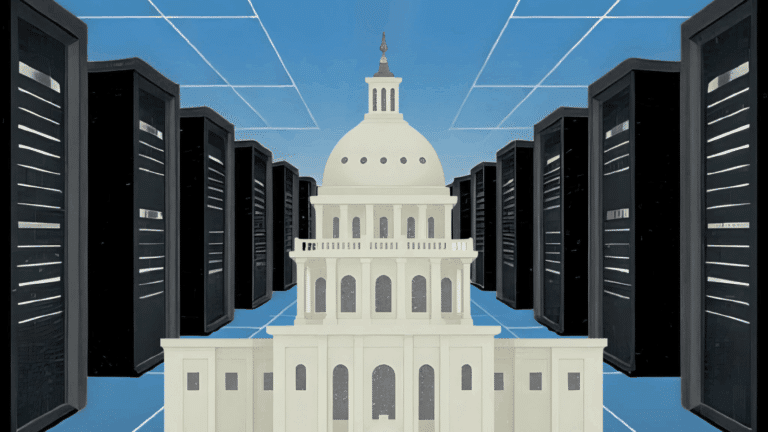Could a strategic lithium reserve kickstart US supply chain development?
NEW YORK -- A strategic lithium reserve is being mooted as a solution to stabilize volatile prices that have hindered American mining projects, allowi
Current Access Level “I” – ID Only: CUID holders, alumni, and approved guests only
The Center on Global Energy Policy (CGEP) at Columbia University’s School of International and Public Affairs (SIPA) announced Dr. James Stock today as a non-resident Fellow. Dr. Stock’s work at the Center will focus on the economic impacts of energy production and consumption.
Dr. Stock is the Harold Hitchings Burbank Professor of Political Economy, Faculty of Arts and Sciences and member of the faculty at Harvard Kennedy School. He received a M.S. in statistics and a Ph.D. in economics from the University of California, Berkeley. He is a coauthor of a leading introductory econometrics textbook and is a member of various professional boards. He previously served as Chair of the Harvard Economics Department from 2006-2009, as Co-Editor of Econometrica from 2009-2012, and as Member of the President’s Council of Economic Advisers from 2013-2014.
“Jim is one of the nation’s most highly respected economists and has focused extensively on energy and climate policy questions both in the Administration and academia,” said Jason Bordoff, founding director of the Center on Global Energy Policy. “He is a model for combining academic rigor and real-world research, which is the core of the Center’s mission. It’s very exciting to have him join our rapidly growing team.”
The Fellows Program brings prominent energy thought leaders to the Center on Global Energy Policy to research and write, teach, and otherwise contribute to Columbia University’s robust and deep intellectual community focused on energy issues.
NEW YORK -- A strategic lithium reserve is being mooted as a solution to stabilize volatile prices that have hindered American mining projects, allowi
States enacted more than a dozen data center laws this year. Trump’s order exempts them from preemption.
Around the world, solar power is becoming more affordable and accessible. That spells good news for the climate.
This Energy Explained post represents the research and views of the author(s). It does not necessarily represent the views of the Center on Global Energy Policy. The piece...

Geopolitical uncertainty associated with Russian gas exports could swing the range of those exports by an estimated 150 bcm per year.

From the east to west and north to south, in red states and blue states, attention to data centers is skyrocketing in state capitals across the United States.
